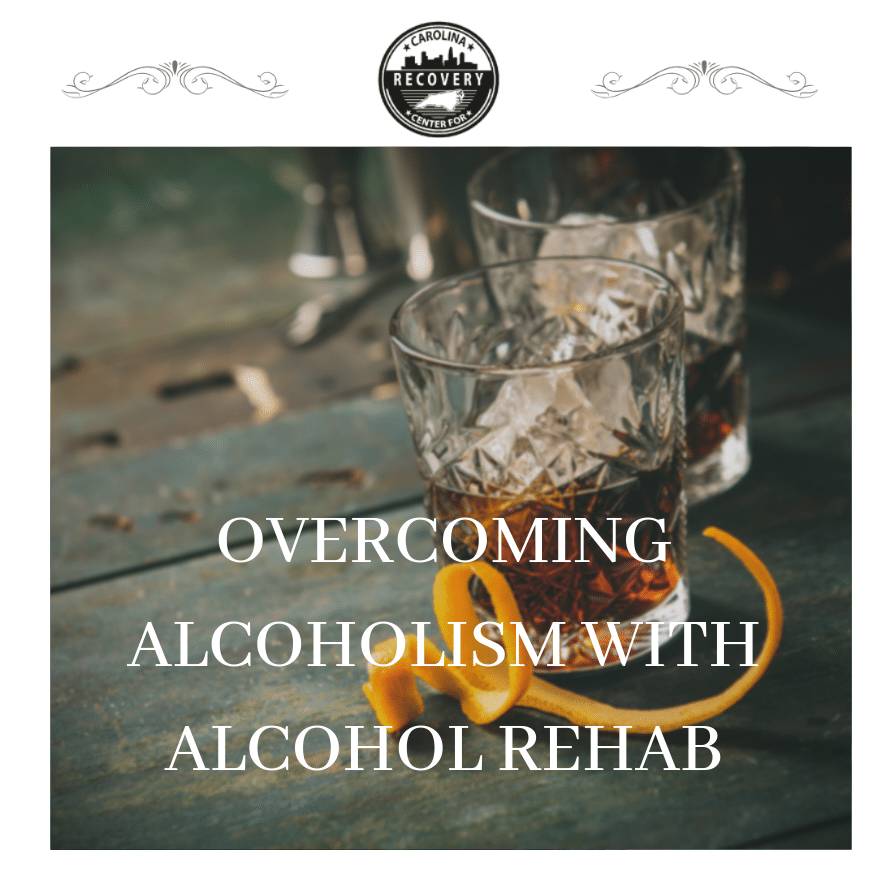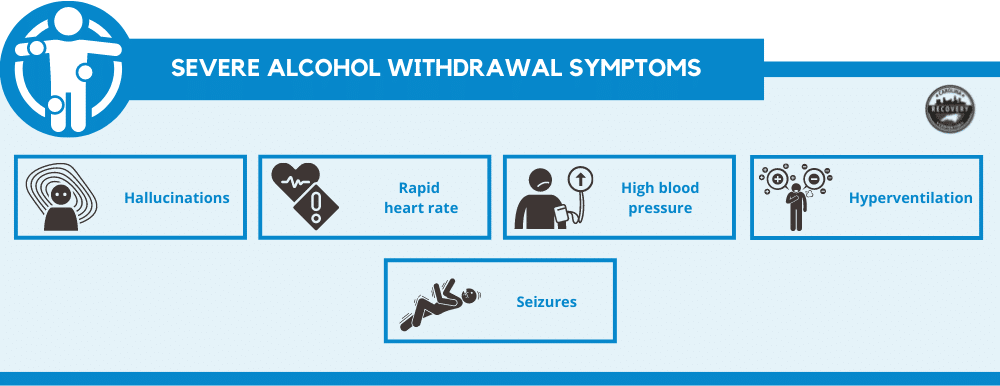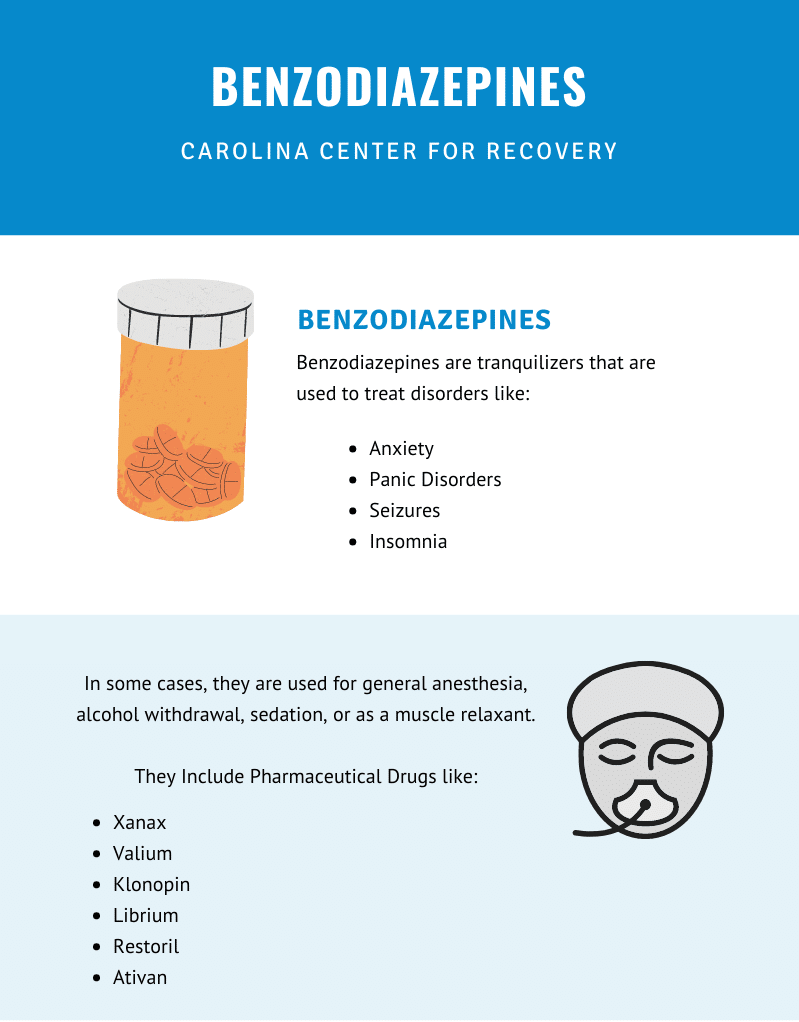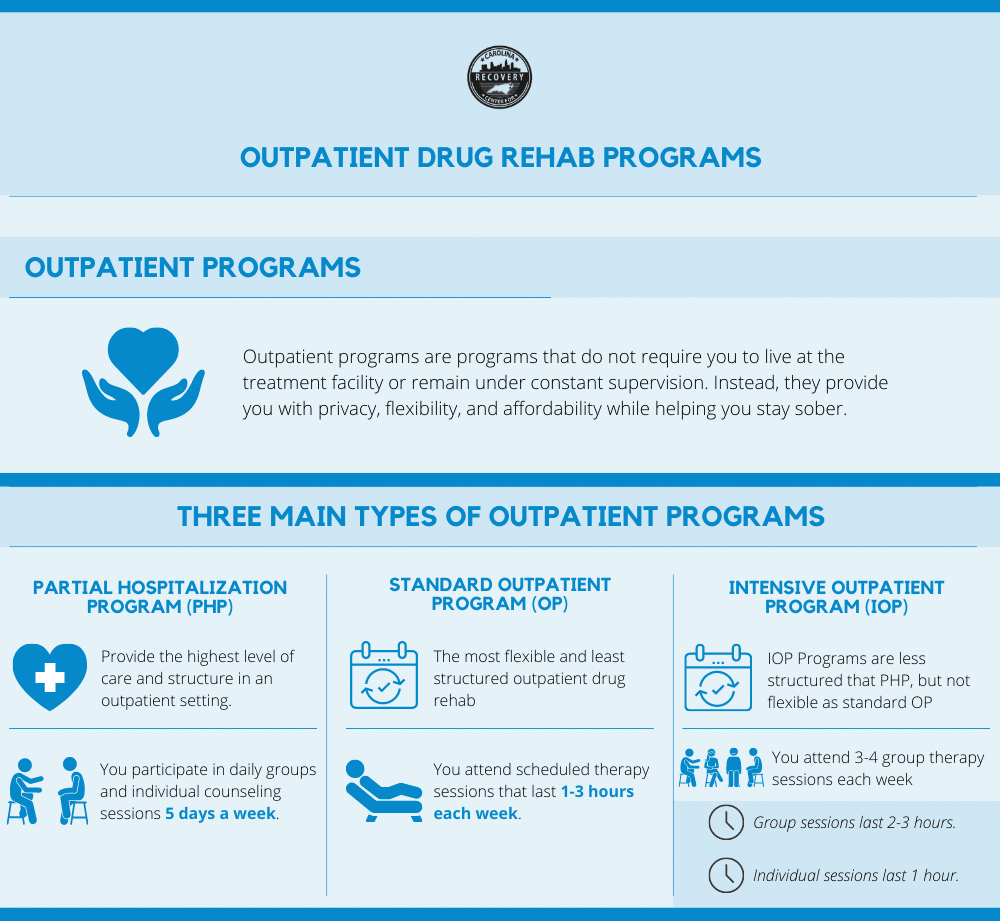Overcoming Alcoholism With Alcohol Rehab

Medically Verified: 2/1/24
Medical Reviewer
Chief Editor

All of the information on this page has been reviewed and verified by a certified addiction professional.
Overcoming Alcoholism With Alcohol Rehab
If your drinking has become unmanageable and you have found that you can’t quit on your own, it might be time to check into alcohol rehab. Many people who have crossed the threshold into alcoholism have difficulty stopping on their own. However, an alcohol treatment program will help guide you through a safe, comfortable detox and provide you with the tools needed to achieve lasting sobriety.
Overcoming alcoholism involves checking into a qualified alcohol rehab that can address co-occurring disorders and get to the underlying causes of your drinking. In addition, you will want a treatment program that utilizes a continuum of care. After all, drinking plays a huge role in American culture and triggers can be found everywhere. Alcohol rehabs that offer multiple levels of care to help you prevent relapse can be highly effective.
Medical Detox
Alcohol withdrawals are a highly unpleasant experience. In many cases, the withdrawal symptoms are so intolerable that people will continue drinking simply to avoid going into withdrawal. In addition, alcohol withdrawal can also be extremely dangerous if attempted alone. Instead, the best way to detox from alcohol is by checking into a medical detox.
Alcohol detox is crucial to prevent any potentially fatal complications during the withdrawal process. Severe alcohol withdrawal symptoms can include:

- Hallucinations
- Rapid heart rate
- High blood pressure
- Hyperventilation
- Seizures
To avoid experiencing these symptoms, medications can be administered in detox. Benzodiazepines can calm nerves and prevent seizures and blood pressure medications can help reduce blood pressure.
Another benefit of going to detox is the around the clock care and support you will receive. Aside from the physical withdrawal symptoms, the mental aspect of alcohol withdrawal can feel torturous. While you are in detox, you will have access to addiction specialists and counselors who can help you through this difficult time.

Inpatient Alcohol Rehab
Detox is only the first step towards sobriety. After all, alcoholism is physical and mental. Even after the alcohol is cleared from the body, the mind may still desire a drink. For instance, many people will experience depression and anxiety after they quit drinking. Detox won’t get rid of these feelings. Instead, comprehensive addiction treatment that utilizes behavioral therapy can teach you how to cope with unpleasant emotions. Most people find it helpful to go to an inpatient alcohol rehab.
Inpatient rehab is preferred over outpatient rehab for those who have a severe alcohol use disorder. It is also a good option for people who want to focus on their recovery without being distracted by school, work, or social responsibilities. Inpatient alcohol rehab can last anywhere from 30 days to several months.
During residential treatment, you will live at the treatment facility’s housing among other clients. There you will receive continued support among facility staff as well as your peers.
During the day you will participate in a variety of different therapies. The most effective alcohol rehab programs will incorporate several therapy techniques so that you are armed with the tools needed to stay sober. These may include:
- Individual therapy
- Group therapy
- Trauma-informed care
- Dual diagnosis therapy
- Cognitive-behavioral therapy (CBT)
- Dialectical-behavioral therapy (DBT)
- Family therapy
- Holistic therapy
By participating in these types of therapies, you will be able to get to the underlying causes of your alcoholism. Moving forward, you will learn how to cope with emotional triggers, prevent relapse, and live a healthy life in recovery.
Outpatient Programming

Intensive outpatient programming (IOP) and outpatient programming (OP) are usually offered as steps down from residential treatment. Leaving inpatient rehab can be intimidating, especially if you are in recovery from alcoholism. After all, alcohol is everywhere. You may also be faced with various challenges where you need extra support. For this reason, participating in continuing care after inpatient treatment is crucial.
Outpatient treatment will meet a few times a week for a short amount of time. In these sessions, you can discuss your achievements as well as your difficulties. Most IOP programs will consist of both group and individual therapy. You will be able to have continued support from the group and a licensed counselor. You may discuss things like relapse prevention, problem-solving, life skills, and more.
Some of the benefits of outpatient alcohol rehab include:
- Learning how to find a balance between social, work, home, and recovery responsibilities
- Having access to a support group
- Working closely with professional addiction specialists
- Being able to practice what is learned in treatment in real-life situations
- Learning relapse prevention tools
Aftercare
Recovery doesn’t stop when your treatment program is complete. Instead, it requires ongoing maintenance. Some people decide to live in a sober living home for a period of time before returning home or getting a place of their own. Sober living can provide a structured environment of like-minded people who are all working to achieve a similar goal – staying sober.
Many people in recovery from alcoholism choose to participate in Alcoholics Anonymous (AA), a twelve-step program dedicated to helping alcoholics achieve and maintain sobriety. In these groups, there are daily or weekly meetings where members share their experience, strength, and hope with one another. This can be a great aftercare option for people who are serious about their recovery.
If you find that AA isn’t a good fit for you, there are alternative kinds of support groups and self-help groups out there. Whatever the case may be, it is important to have a group of friends who understand what you are going through and who will help you through your challenges.
Get Help for A Drinking Problem Today
Alcoholism can feel like a hopeless situation. However, millions of people have found sobriety. The most important thing you can do is ask for help. If you or a loved one is ready to get help for alcoholism, contact Carolina Center for Recovery today.

